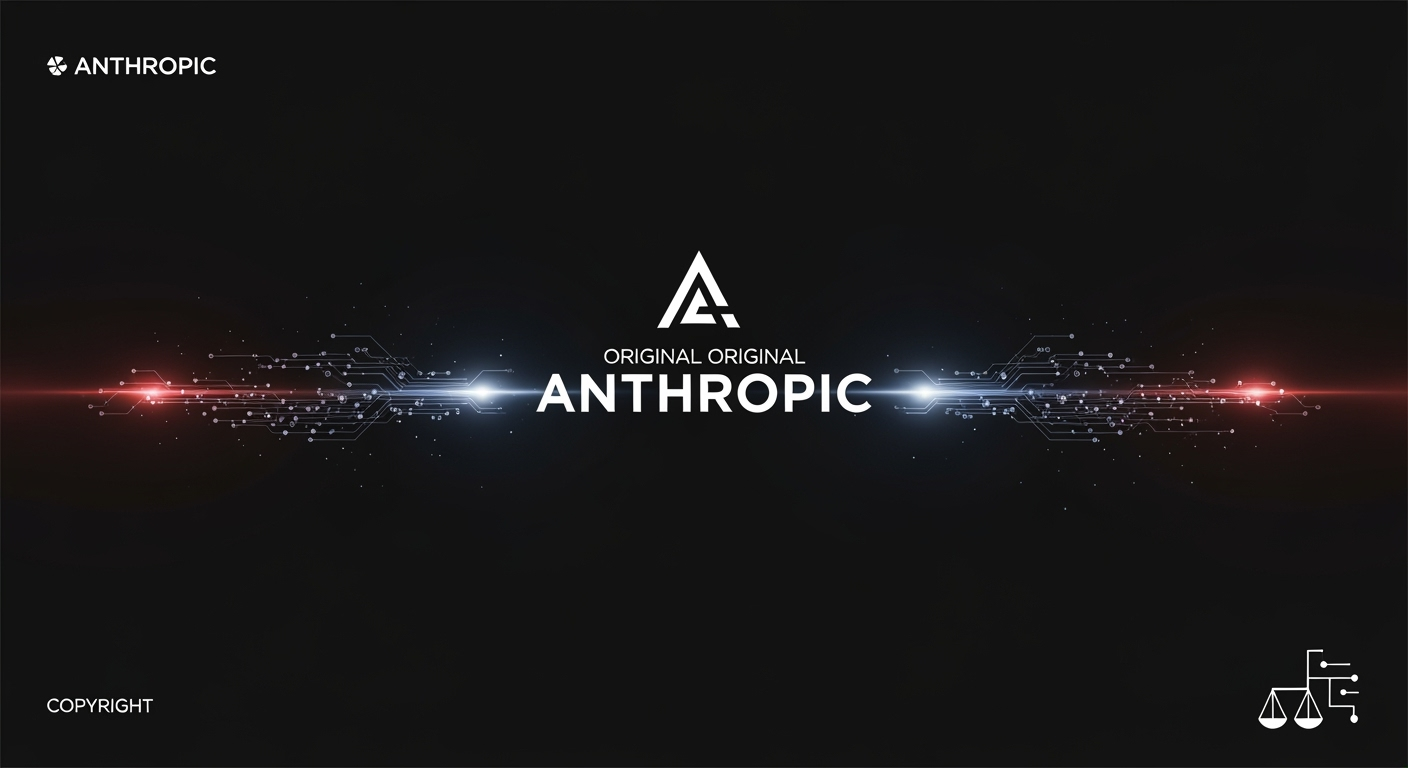Anthropic’s $1.5B Copyright Settlement: What It Really Means for Writers

Anthropic’s $1.5B Copyright Settlement: A Win for Writers—or Big Tech?
In a landmark legal development, Anthropic—the AI company behind Claude—has agreed to a $1.5 billion settlement in a class action lawsuit brought by writers over copyright infringement. The case, known as Bartz v. Anthropic, could see around half a million authors eligible for payments of at least $3,000 each. On the surface, this appears to be a major victory for writers. But the reality is more complex—and perhaps more troubling for the creative community.
How Did We Get Here?
Tech companies like Anthropic, OpenAI, and others have been racing to collect vast amounts of written material to train their large language models (LLMs), which power AI chatbots and content tools. With much of the internet already scraped for data, these companies have increasingly turned to unconventional sources—like so-called “shadow libraries”—to acquire more text, including millions of copyrighted books.
This practice led to a slew of lawsuits from authors, artists, and publishers concerned about the unauthorized use of their work to train AI systems. The case against Anthropic is just one in a growing list of similar legal actions targeting tech giants for using copyrighted works without permission.
What the Settlement Really Means
The $1.5 billion payout is the largest in U.S. copyright law history. However, it does not mean that training AI on copyrighted material is now off-limits. In fact, a federal judge previously ruled that such training can be considered “transformative” and thus fall under the fair use doctrine, a part of copyright law that hasn’t seen significant updates since 1976.
The primary issue at stake wasn’t the use of the material for AI training, but Anthropic’s act of downloading books illegally instead of purchasing them. The settlement acts as a penalty for this piracy, not for AI training itself. Anthropic’s deputy general counsel, Aparna Sridhar, emphasized in a statement that the company remains committed to developing responsible AI systems.
What’s Next for AI and Copyright?
- This settlement sets a precedent as more lawsuits loom over the relationship between AI and copyrighted works.
- The legal system now has Bartz v. Anthropic as a reference point, but ongoing cases against other tech giants like Meta, Google, and Midjourney could reach different conclusions.
- The fair use doctrine’s current interpretation heavily favors tech companies, leaving many creators dissatisfied with both the legal outcomes and financial compensation.
Takeaways for Businesses and Creators
For business owners and content creators, this settlement is a reminder of how fast the landscape is shifting. While AI offers powerful tools for innovation, it also raises complex questions about ownership, compensation, and the future of creative work. As regulations and court decisions evolve, it’s critical to stay informed about your rights and the ways your content may be used or protected in the era of AI.





